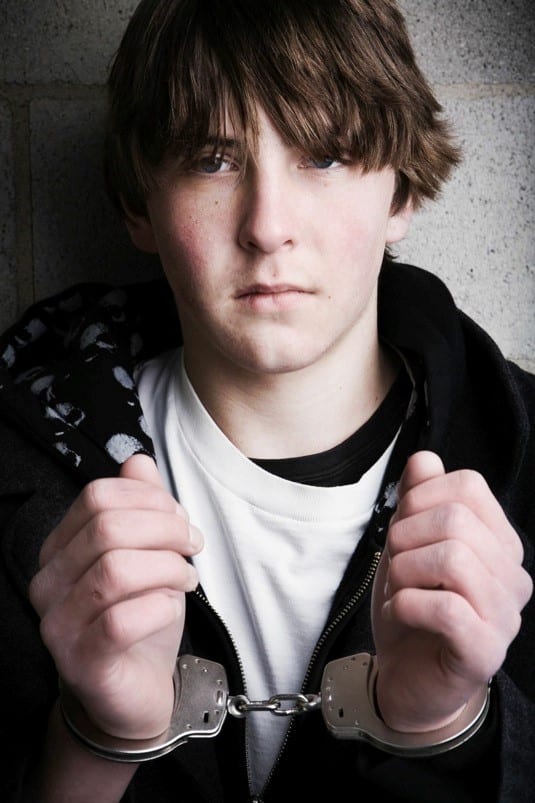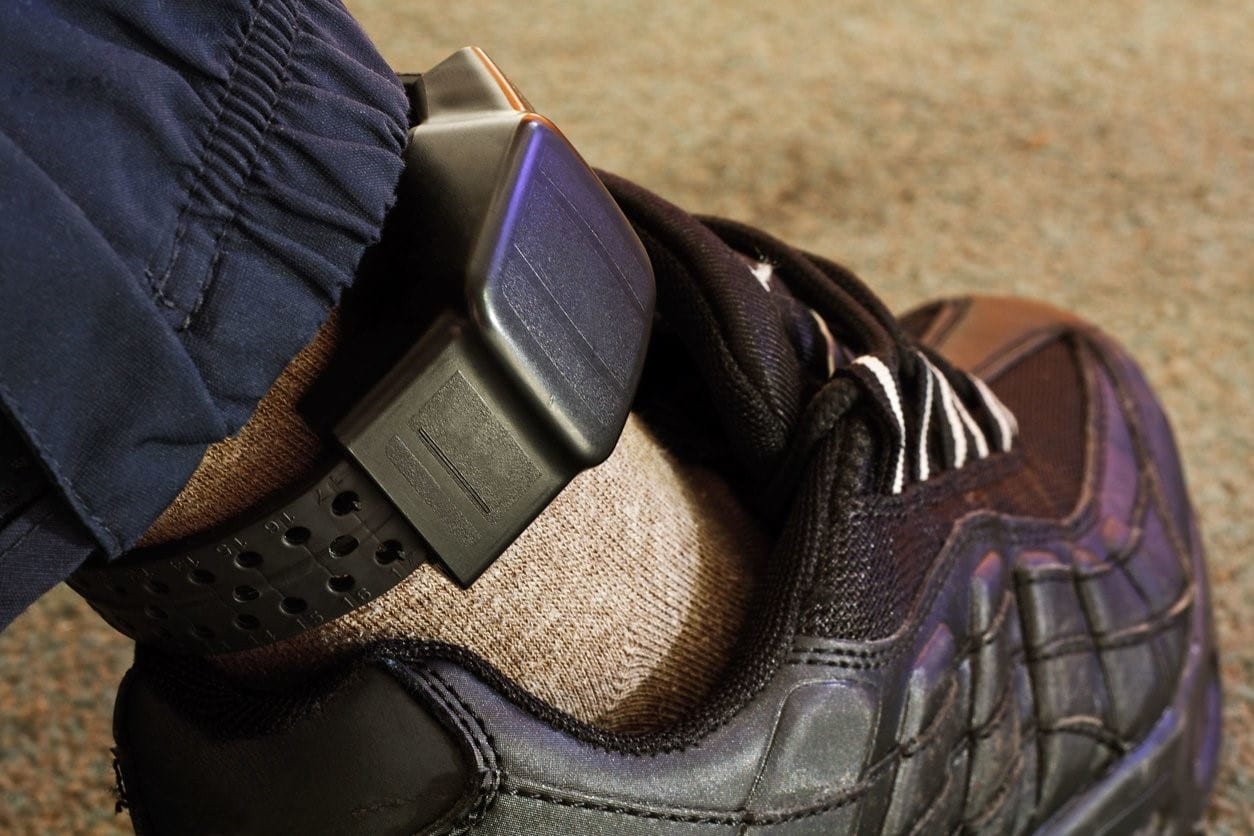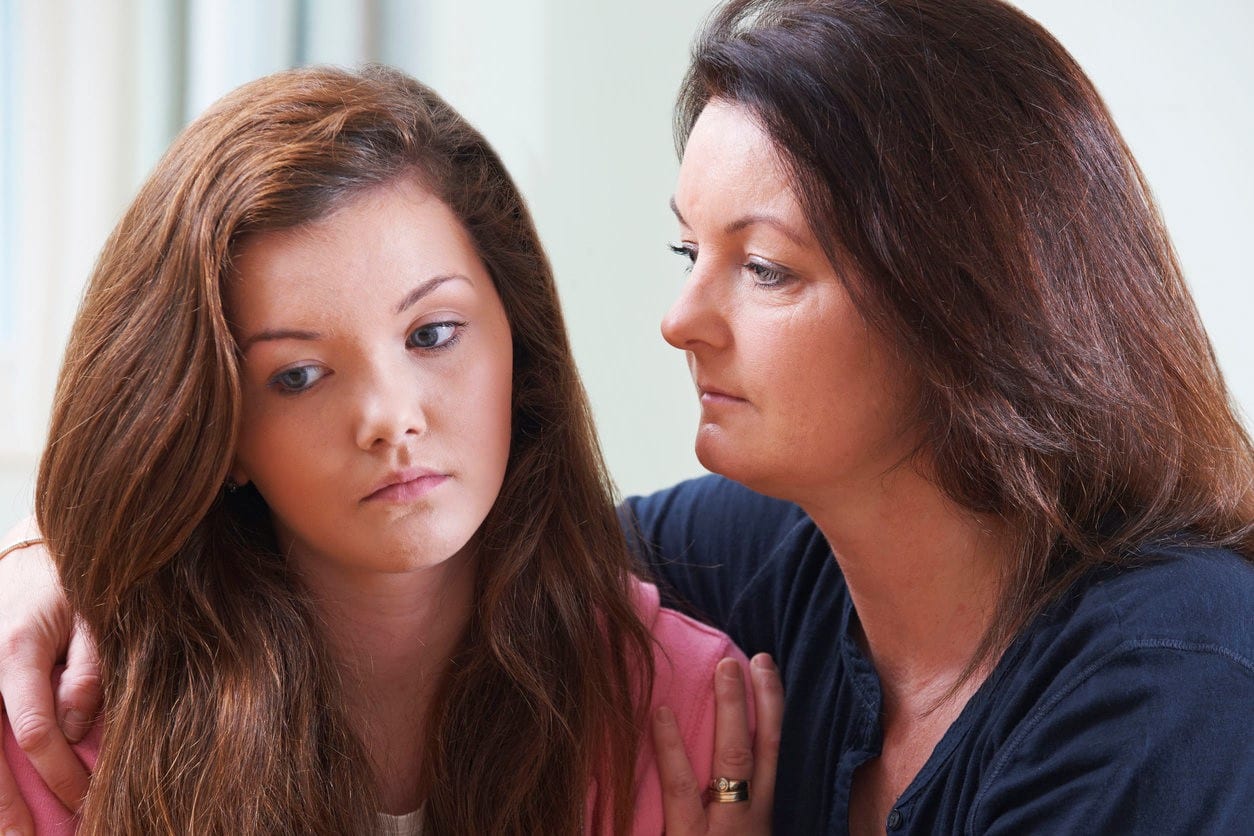
We tend to associate our children with innocence and fun, so it’s troubling when we see them get in trouble with the law before they reach adulthood. And once you start thinking about the consequences they face and how their future will be affected, criminal charges for juveniles can be downright scary.
We all know that children operate differently than adults. They have not fully matured and developed enough to be accountable for the same decisions. The state of Minnesota recognizes this and has made an attempt to protect juvenile offenders by creating juvenile courts that try and sentence minors differently than adults.
Let’s take a look at the main differences in juvenile and adult court, and what happens when a juvenile is charged with a crime.
Initial Report and Charges. If a crime is reported, an investigation will take place and be conducted in the same manner as any adult investigation. Officers will gather information to see if there is enough evidence to support the notion that the juvenile in question committed the crime. If evidence supports the charges, the trial will move to an arraignment.
Detaining Defendants. Minors may be detained and taken into custody by police. However, they are required to receive a detention hearing within 24-48 hours of their detention and will most likely be let go after the hearing.
Minnesota state law requires that juveniles be released from detention unless special circumstances exist. The juvenile may be released to the custody of his or her parent or guardian or a shelter care facility.
This should not be a huge concern for parents. Most juveniles are not even detained at all. When an arraignment is scheduled, juveniles will be notified through the mail.
Juvenile Court Proceedings. Rather than the victim pressing charges against a juvenile, the State files charges and takes the matter into its own hands. The county attorney will handle the prosecution.
Before the initial trial, the minor will be asked to admit or deny the offense they have been charged with. If the minor admits his or her guilt, the case will immediately go to disposition and a disposition hearing will be scheduled. If the minor denies his or her guilt, the case will go to trial.
Juveniles are given all the same rights as adults in a trial. In most cases, the trial will be held in front of a judge, although a juvenile may request a jury trial. Remember, these trials are not open to the public.
In many cases, juvenile court proceedings will take a shorter amount of time than adult court proceedings. This will allow the defendant to focus on rehabilitation instead of waiting around for sentencing.

Juvenile Sentencing. Just like the court processes for juveniles are different than adults, juveniles are also subject to different sentencing guidelines. Juveniles may face the following sentences if they are convicted of a crime:
- House arrest or confinement
- Placement in a foster or group home
- Placement in a juvenile detention facility
- Probation
- Counseling
- Alternative schooling
- Verbal warning
- Fines
- Community service
- Electronic Monitoring
Sentences for juvenile convictions are usually less harsh than adult convictions for similar crimes. By using diversion programs or rehabilitation options, Minnesota courts hope to change the direction of the juvenile’s future and promote their life as a law-abiding adult.
Will My Child Be Tried as an Adult?
Most likely, no. If your minor child has been charged with a traffic offense or a less serious crime, he or she will stay in juvenile court. However, certain minors between the age of 14 and 17 may be tried as an adult if probable cause has determined that they committed the crime. The crime has to be an offense that is typically sentenced to prison in Minnesota, or an offense that involved the child using a firearm.
Even if those criteria are met, the minor in question may still be tried in juvenile court. If a juvenile’s lawyer can prove that trying the defendant in juvenile court would serve public safety, the individual may still be tried as a juvenile.
A judge will make the final decision on where the juvenile offender is tried.
The Best Way to Protect Your Child

Even if you have tried your best to be a good role model for your child, they may find themselves in trouble with the law. Parents and guardians can’t be everywhere at once, and sometimes otherwise good kids make bad decisions or find themselves in the wrong place at the wrong time.
A lawyer will be able to guide a minor and his or her parents or guardians throughout court proceedings and give advice on whether or not to plead guilty, as well as how to behave in juvenile court. Lawyers can also help your child expunge or seal his or her criminal record. Call a Minnesota juvenile crimes lawyer for more advice on how to make sure your child maintains his or her bright future.
About the Author:
Christopher Keyser is a Minneapolis-based criminal and DWI defense attorney known for fighting aggressively for his clients and utilizing innovative tactics to get the most positive results. He has been featured in numerous media outlets due to the breadth and depth of his knowledge, and recognized as a Minnesota Super Lawyers Rising Star (2014–2016), a Top 100 Trial Lawyer (2013–2016), and a Top 40 Under 40 Attorney (2013–2016).





